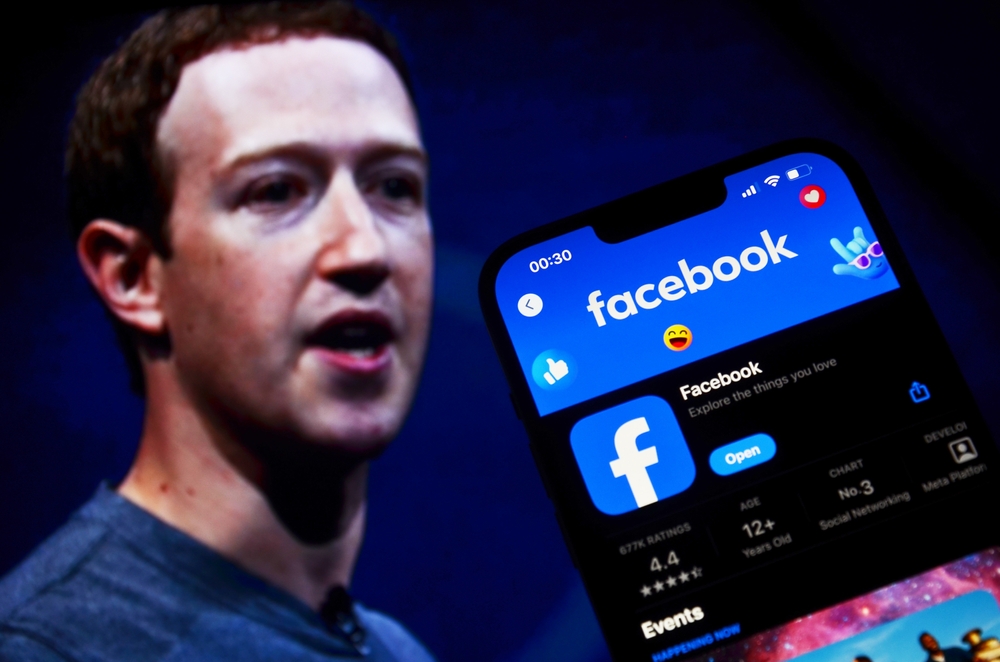Judge Rejects Monopoly Claims
A US district judge in Washington ruled that Meta did not violate antitrust laws when it acquired Instagram and WhatsApp more than a decade ago. The decision deals a major setback to the Federal Trade Commission, which sued Meta in 2020, arguing that the acquisitions allowed the company to dominate social media. Judge James Boasberg wrote that the agency failed to prove its case and concluded that Meta does not hold monopoly power. Meta welcomed the ruling, emphasizing it competes in a dynamic and highly competitive market.
Executives Highlight Fierce Market Competition
In April, Judge Boasberg oversaw a lengthy bench trial that included testimony from CEO Mark Zuckerberg and former COO Sheryl Sandberg. They said TikTok and YouTube reshaped the social-media landscape and constrained Meta’s influence. The judge noted that the FTC approved Meta’s Instagram purchase in 2012 and its WhatsApp acquisition in 2014. The agency claimed Meta overpaid, offering $1 billion for Instagram and $19 billion for WhatsApp. Boasberg described a rapidly evolving market where trends rise and fall quickly. He said the FTC failed to demonstrate that Meta still holds market power and highlighted the company’s shrinking share.
FTC Expresses Disappointment
The FTC said it has not decided whether to appeal and expressed deep frustration. Spokesperson Joe Simonson said the agency was reviewing all options and argued the process felt biased. He referenced previous political conflicts involving the judge and noted attempts by some lawmakers to remove him from office. The judge was asked for comment.
Ruling Protects Meta from Forced Break-Up
The decision prevents a potential split that could have separated Instagram and WhatsApp from Meta. The company said its products support people and businesses and reflect American innovation and economic growth. A spokesperson added that Meta plans to continue working with the administration and investing in the United States.
Experts See a Shift in Antitrust Dynamics
The ruling follows two Justice Department victories against Google over search and advertising technology. Another judge recently declined to force Google to divest its Chrome browser. Experts said the Meta decision may affect the pace of future tech cases. Vanderbilt professor Rebecca Haw Allensworth said the ruling does not signal failure for the government’s wider antitrust efforts and described the overall picture as mixed.
Scholars Point to Early Case Challenges
Many observers said the FTC faced significant hurdles from the start. University of Georgia professor Laura Phillips-Sawyer said rapid market changes complicated the case. She added that early comments from Zuckerberg suggested an effort to neutralize a rising competitor threatening the company’s position.
Meta Faces Ongoing Legal Pressure
Meta continues to confront major legal challenges. Zuckerberg must testify in a landmark trial examining social media’s impact on young people. Last month, a Los Angeles judge rejected Meta’s attempt to avoid an in-person appearance in January. Instagram chief Adam Mosseri will also testify in a case alleging that social-media companies design addictive features for young users while knowing the mental-health risks.


